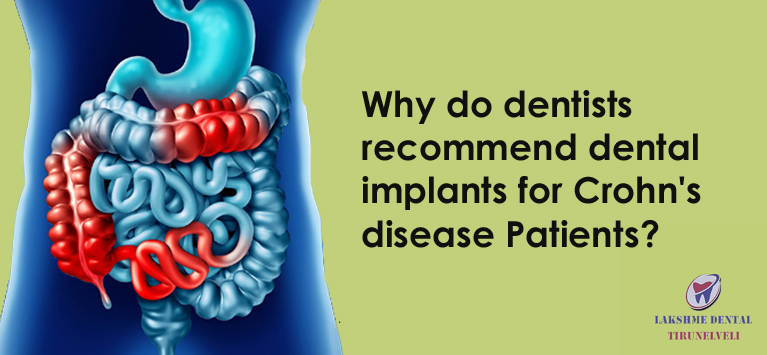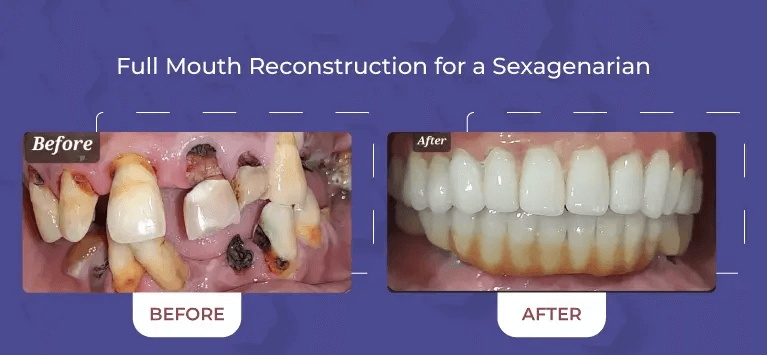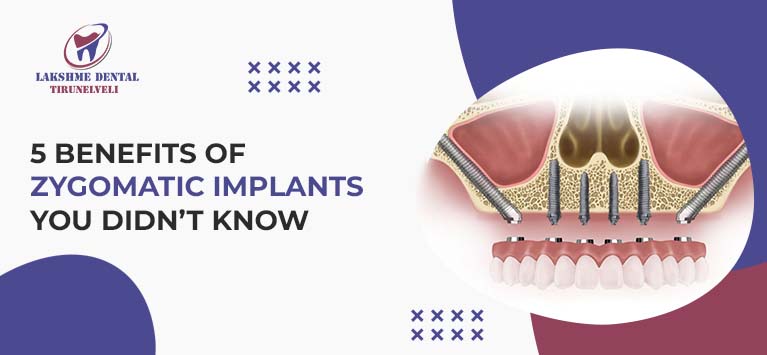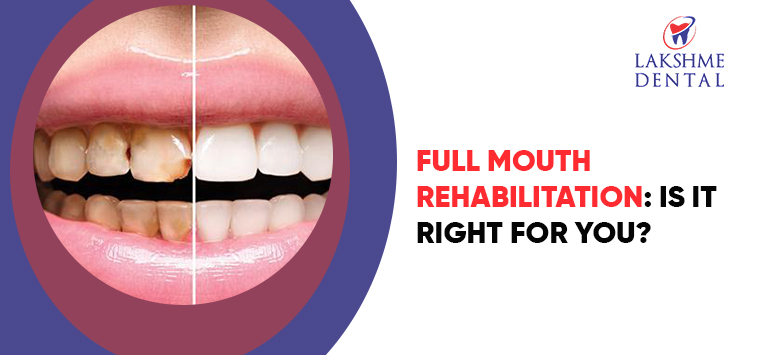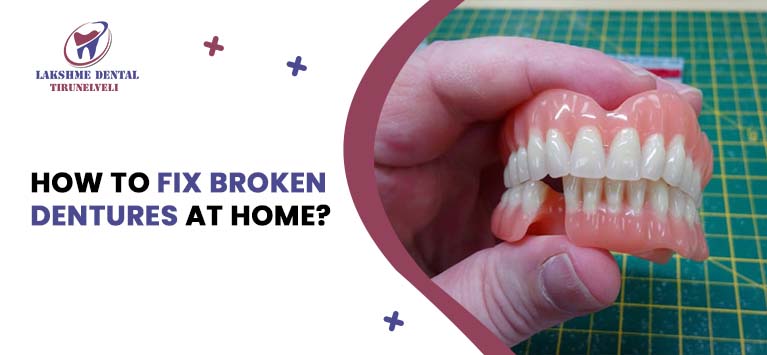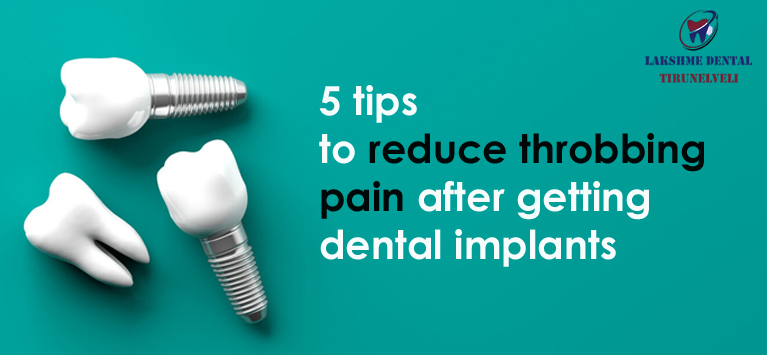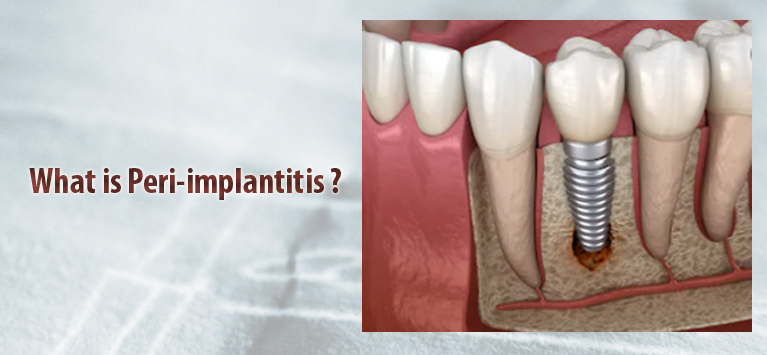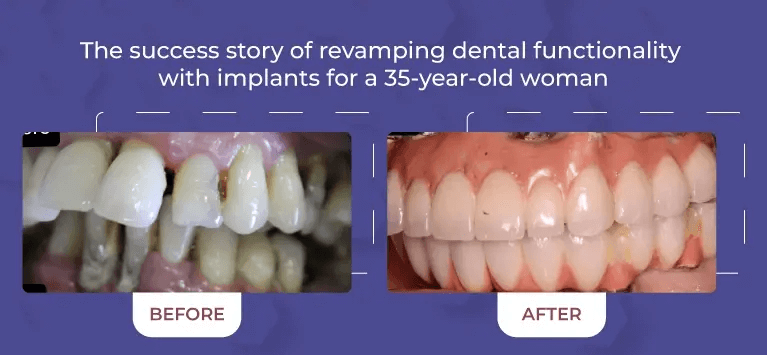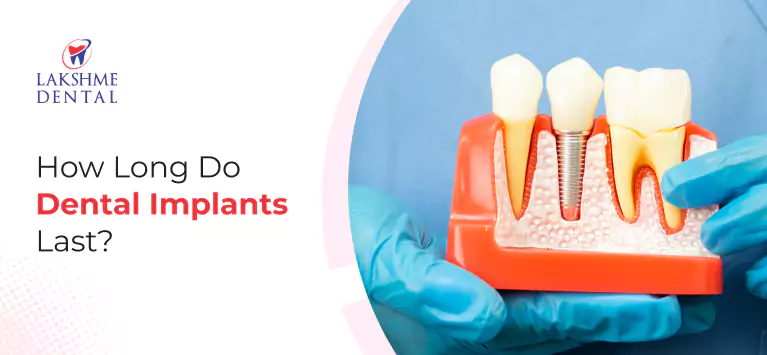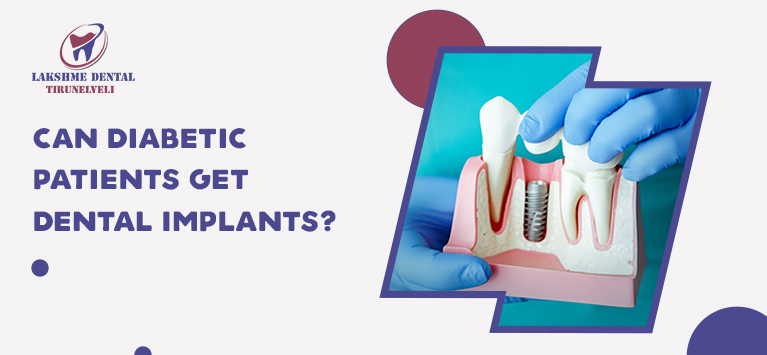
Dental Implants vs. Bridges: Which One Should You Choose?
When you’re missing one or more teeth, choosing the right replacement option can be overwhelming. Two most popular options are dental implants and dental bridges. While both serve the same fundamental purpose — replacing lost teeth — they differ in procedure, longevity, cost, and care. So, dental implants vs. bridges: which one should you choose? Let’s explore in detail to help you make the best choice for your dental needs.
What Are Dental Implants?
Dental implants are titanium posts that are surgically inserted into the jawbone, serving as artificial tooth roots. Once in place, a custom-made crown is attached to the post to replicate the look and function of a natural tooth. Over time, the implant integrates with the bone through a process called osseointegration, creating a durable and stable foundation for long-term support.
Advantages of Dental Implants
A lifetime investment: Take care of your implants, and they’ll likely never need replacing.
Natural look and feel: Implants closely mimic real teeth in appearance and function.
Preserves bone health:Implants stimulate your jawbone like real teeth, stopping bone loss in its tracks.
Doesn’t affect neighboring teeth: No need to grind down adjacent teeth as in bridges.
Disadvantages of Dental Implants
Surgical procedure required: May not be suitable for individuals with certain health conditions.
Costlier upfront: Though long-term cost may even out, initial investment is higher.
Longer healing time: Full integration may take several months.
What Are Dental Bridges?
Dental bridges consist of one or more artificial teeth held in place by crowns attached to neighboring teeth. They literally “bridge” the gap where teeth are missing.
Advantages of Dental Bridges
Quicker process: Can usually be completed in a couple of dental visits.
Less expensive initially: More affordable upfront than implants.
No surgery involved: Suitable for those not eligible for implants.
Disadvantages of Dental Bridges
Shorter lifespan: Typically lasts 5-15 years depending on care.
Affects adjacent teeth: Getting a bridge usually involves shaving down the teeth next to the gap so they can hold the bridge.
Doesn’t prevent bone loss: No stimulation to the jawbone leads to bone deterioration over time.
Factors to Consider Before Choosing
Choosing between dental implants and bridges depends on several factors. Here’s a breakdown to guide you:
1. Cost Comparison
Dental implants are more expensive upfront, they may prove more economical in the long run due to durability.
2. Longevity & Durability
Implants: Can last 25+ years or a lifetime with proper hygiene.
Bridges: Require replacement after 10-15 years on average.
If you’re looking for a permanent solution, implants may be worth the investment.
3. Aesthetic Appeal
No matter which you choose, both bridges and implants are designed to look just like your natural teeth. However, implants usually offer a more seamless and realistic appearance.
4. Jawbone Health
Implants are the only solution that preserves jawbone density by mimicking natural root function. Bridges do not provide this benefit and may contribute to long-term bone loss.
5. Time Frame
If you want a quicker solution, bridges win. Implants require surgery and healing time which will take months.
6. Oral Health Condition
Implants require strong gums and adequate bone density. If you’ve lost bone in your jaw, a grafting procedure may be needed to rebuild the area before implant placement. Bridges are less demanding in this regard.
Suitability: Who Should Choose What?
Go for Dental Implants if:
- You’re looking for a long-term or permanent solution.
- You have good oral and overall health.
- You want to preserve jawbone health.
- You prefer a natural look and feel.
Choose Dental Bridges if:
- You want a faster, more affordable solution.
- You have a weak jawbone or can’t undergo surgery.
- You need to replace multiple teeth quickly.
- You’re not eligible for implants due to health issues.
Aftercare Tips for Both Options
For Implants:
- Brush twice daily and floss regularly.
- Avoid smoking and excessive alcohol.
- Go for regular dental checkups and cleanings.
For Bridges:
- Clean under the bridge with special floss or water flossers.
- Maintain overall oral hygiene to prevent gum disease.
- Avoid chewing hard foods to prolong lifespan.
Final Verdict: Dental Implants vs. Bridges
When comparing dental implants vs. bridges, there’s no one-size-fits-all answer. Implants offer more long-term benefits but require a bigger commitment in terms of cost, time, and surgery. Bridges, however, are quicker and more budget-friendly but may not offer the same long-term durability.
The best decision depends on your oral health, budget, timeline, and personal preferences. The best way to determine the right tooth replacement option is by consulting with a qualified dentist.
Frequently Asked Questions
Implants involve surgery, so some discomfort is expected. However, pain is manageable with medications and subsides during healing.
Yes, once the bridge fails or reaches the end of its lifespan, it can be replaced with an implant if conditions permit.
Not necessarily. Brush and floss like natural teeth, though additional tools like water flossers can help keep the area clean.


